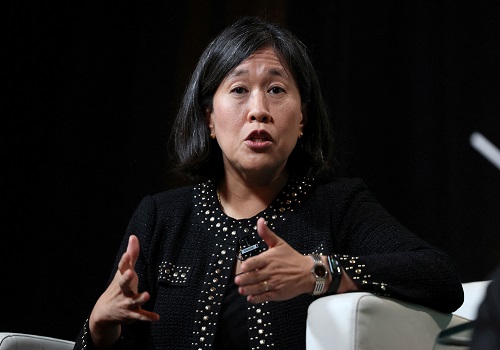Zoom ropes in Ricky Kapur as Head of APAC

Follow us Now on Telegram ! Get daily 10 - 12 important updates on Business, Finance and Investment. Join our Telegram Channel
Video conferencing app Zoom on Tuesday announced that it has appointed Ricky Kapur as the Head of APAC, effective from June 21.
Reporting directly to Zoom's Head of International Abe Smith, Kapur will define and lead the company's go-to-market strategy for key APAC markets -- Australia and New Zealand, India, ASEAN, China, Hong Kong, South Korea and Taiwan -- exclusive of Japan.
"We are thrilled to have Ricky Kapur lead our go-to-market strategy for all of APAC, a region where we are seeing accelerated growth," Abe Smith, Head of International at Zoom.
"APAC is a critical region for Zoom, as we invest in infrastructure and expand the presence of our sales, marketing, and research and development teams to best enable organizations of all sizes with seamless and reliable video communications," Smith added.
Ricky will manage Zoom's APAC business with supervision and alignment across all cross-functional roles.
Kapur comes to Zoom after five and a half years at Microsoft, where he was most recently Vice President of Sales and Marketing Operations for APAC.
At Microsoft, he managed all segments, from SMB, Majors through Enterprise, and led a cross-functional team of sales, marketing, partner, and customer success professionals.
Zoom is positioned for continued growth in APAC, and to capitalise on these new opportunities, it has expanded its leadership to lead the company through its next phase of expansion in the region.
"Zoom has scaled its operations and business impressively across APAC markets, announcing a Technology Center in India and a Research and Development Center in Singapore within the past year," said Ricky Kapur, Head of APAC at Zoom.
"I am excited to join a company that continues to redefine the way organisations and individuals connect, from breaking barriers for education and healthcare with virtual-learning and telehealth to becoming a critical technology for enterprises as they quickly evolved and adapted to a hybrid working model," Kapur added.












 320-x-100_uti_gold.jpg" alt="Advertisement">
320-x-100_uti_gold.jpg" alt="Advertisement">












